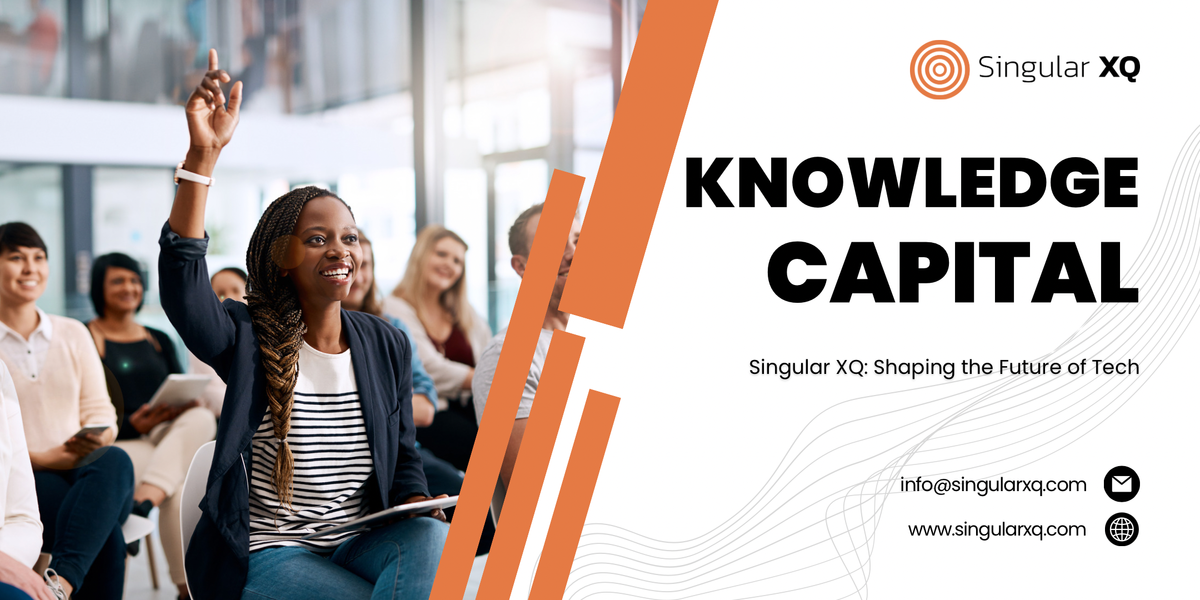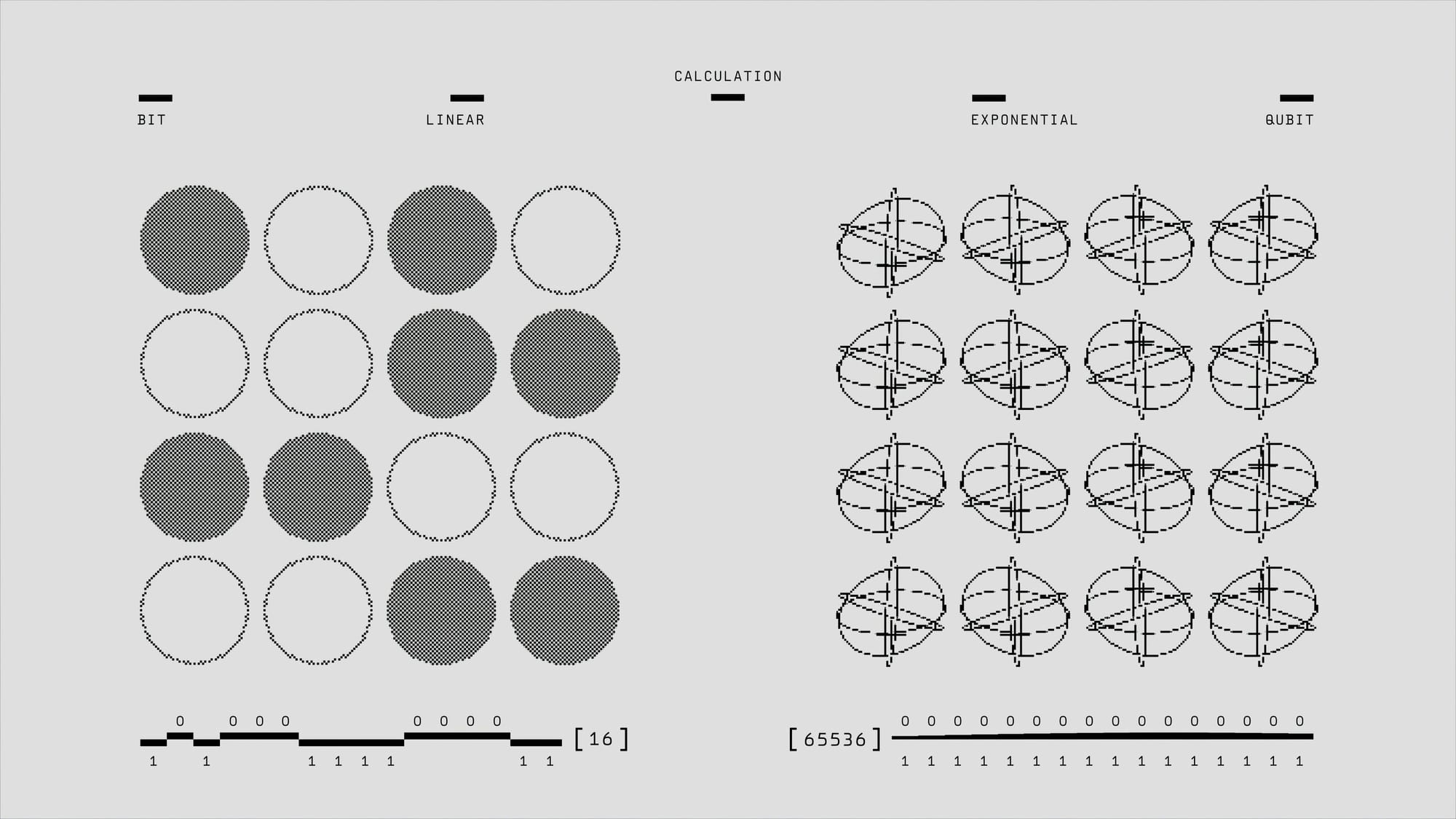Quantum Computing Breakthroughs: Error Correction, Entanglement, and AI Advances

Greetings readers! Since the beginning, SXQ has aimed to lead on quantum technology research. In particular, we are focused on quantum blockchain. Why? Quantum is poised to make significant impacts and disruptions, and therefore is a key point in our mission to educate the public; if the public is in the dark about the technology that is changing our world they won't be able to vote about it in their own best interests or prepare for their future careers, investments, or security.
However, there is another reason; we believe philanthropies will be blockchain powered in the future and "quantum blockchain" is another looming disruption. Consequently, the model for our philanthropic organization is to be "quantum blockchain powered." Our newsletters feature highlights from our own ongoing research. This week, we'd like to share with you some of the key developments in blockchain.
If you are an investor, we don't give investment advice. However, many people who invest follow our work because it informs their investment choices. You can be a technology investor without having to have a PhD in physics. Markets and business fundamentals can allow one to do well. Some investors, do like to understand the technology and believe it gives them an edge.
With that in mind, quantum stocks are taking a hit right now from general volatility and insecurity. The signals we see on the horizon suggest this dip might be one where some investors will scoop up quantum pure plays if they understand the tech. We aren't investment advisors. We recommend finding one you trust. However, our foresight research reveals signs on the horizon that predict a bullish future for the science of quantum computing, regardless of what is happening in the volume and price of the stocks. That also means that we could be looking at a future like our founder JP's article "Beyond Silicon" says is coming. The mad rush on chips that is driving NVIDIA's business model will end, it isn't a question of if but when. This week's news cycle shows some weak but stronger signals that disruption may be coming faster than we might think. So--what happened in quantum research this week? A lot actually.

Advanced in blockchain this week include strides in error correction, protecting quantum information from environmental disruptions, and new protocols for entanglement. In particular, the most impact was in photon entanglement without quantum measurement. Why is this important? Photon entanglement is an important concept in quantum in principle and in practical application. Photons are the actual mechanism of operation in some kinds of quantum computers. Not all quantum computers store information in photons; some use ions, some use other forms. Some computers directly use photons. In either case, photon behavior in principle or as a practical mechanism teaches a lot about quantum computing. What does this mean for development?
- Computer Architecture:
We are one step closer to more robust and efficient computing architectures. - Quantum communications:
Quantum teleportation (where information is destroyed in one place only to appear in another) and quantum cryptography (mechanisms for quantum computing security) are made more robust by these discoveries in photon entanglement. - Quantum simulation:
Entanglement without measurement--which mean that without supervision or observation two particles affect each other at a distance--means that we can simulate complex quantum systems and learn about them quicker.
What about AI?
Current classical computation AI has a little secret that not many people want to believe, but it has built in unsurpassable limitations for unsupervised learning. It relies on mathematics and statistical patterns to generate results which requires secondary layers of human intervention to work as well and as reliably as we might need it to for important operations. These are the so-called "humans-in-the-loop." While one might argue that we always want some humans in the loop, quantum computing has more potential to create truly unsupervised learning, in ways that classical computationalism can't.
In the example described above in quantum simulation, when two particles (think of them as information bundles) can communicate at a distance without observation or supervision, this has implications for unsupervised learning. One that makes neural nets look like a brick phone. Going all in on hype of computational AI advancing to overcome this limitation may be a failure of imagination.
Hello readers--SXQ's newsletter is moving to a free-premium status. Very soon, only the first paragraph of these newsletters will be free and the rest will be for our paid supporter community. Times are tough and uncertain but won't you consider upgrading today? We are here to keep you informed. And we want to hear from you. Write us with your questions and thoughts. admin@singularxq.org




